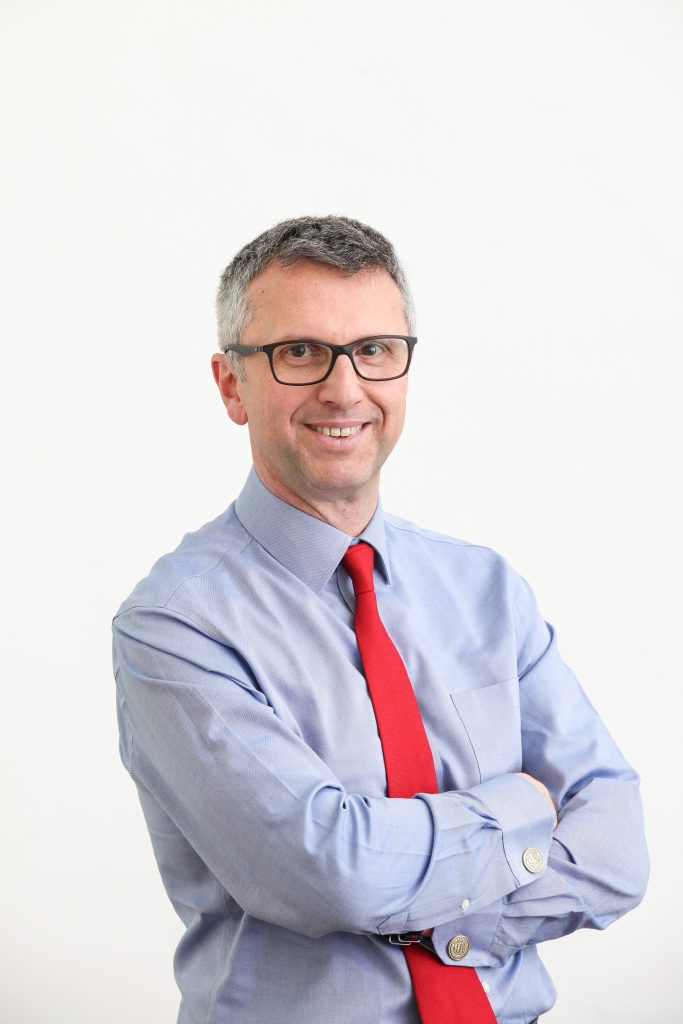
Lloyd’s Register’s Global Technical Client Care Director discusses the benefits of thinking globally and delivering locally
- Theodosis, you have worked in class for 30 years, of which more than18 have been with LR. What’s changed during your career to date?
The challenges clients are facing, and the market generally, have become more complex and more challenging, both technically and commercially. As clients’ needs have evolved so too has the service they require from LR. Today, class must take on the role of adviser and use its experience and knowledge to find solutions to our clients’ challenges.
Importantly, these solutions must be safe and take into consideration people, environment and assets.
The complexity of the challenges that clients bring to LR today usually require collaboration across a range of stakeholders including owners/operators, financiers, yards, equipment manufacturers, class, flag and so on. It’s rare these days for a problem to be solved in isolation and a significant part of what we do at LR is ensuring that all stakeholders are aligned to deliver the best outcome for our clients and in line with all safety requirements.
What the Global Technical Client Care (GTCC) team brings to the process is ensuring that the solution LR suggests to the client is simple, safe, and in alignment with technical realities, taking into consideration the commercial obligations of a vessel and its compliance with rules and regulations. We have a duty of care to the client to ensure their operations remain compliant and it’s the role of the team I lead to find solutions that meet both these criteria and our clients’ desired outcomes.
- Your new role as Global Technical Client Care Director has been created to enable LR to deliver the very best service to clients and respond to the industry’s evolving needs. What are clients seeking from a Classification society today and how does your new role support their needs?
We remodelled the organisation late last year to make it easier for our customers to access LR’s technical expertise. Now the GTCC is the first point of contact for many clients that come to us with their challenges, queries and questions. The GTCC provides global support to resolve these challenges. Expertise from within my team and also from LR as a whole, is drawn on to ensure the best outcomes for our clients.
It’s what I like to term, ‘global service with local presence’. We offer services to a global industry and so have adjusted our structure to reflect our clients’ ways of working.
Importantly, the new structure has in no way centralised the process. Moving away from geographies has had the opposite effect and decentralised our operations to create a new global geography.
However, we’ve maintained a local presence, which is considered an essential part of the client experience we offer at LR. In this way we respect cultures, languages and time zones, to ensure we are as easy to do business with as possible. So we provide a consistent service globally, but we offer it through local people.
The GTCC team currently has a footprint in 20 countries and is growing. This expansive global presence ensures that wherever the client is based, they get the best expertise drawn in from LR’s global pool of expertise.
- What is LR doing to future proof itself so it continues to be a trusted adviser to the maritime industry long into the future?
The world is a changing place. We need to prepare for new ways of doing things and embrace the trends. To do this, we must continuously evolve our technical expertise and recognise that the expertise we had even two years ago is now business as usual, with new ideas and concepts emerging continuously and rapidly.
One example is the evolving role of artificial intelligence, which nobody can ignore but all must master wisely. We must embrace this technology for the benefit of our clients and the wider industry, for example to support emissions reduction and improve safety.
Further, we must continuously monitor the geographical spread and respond to regional trends.
After all, we exist to serve the market, not the other way around.
Also, having a global mindset opens up a much wider talent pool and allows us to tap into experience and capabilities globally. We are already seeing the advantages of this approach following the recent opening of a further LR Remote Survey Centre, this time in Chennai, India, where we have recruited some very talented people to support the growing number of remote survey requests we are receiving.
Overall, a global outlook along with a proactive approach to diversification to capture the best talent will be essential, not just in Class, but across maritime, to keep ahead of trends and maximise opportunities for a sustainable future.





